Up to two-thirds of U.S. dogs suffer from noise phobia, which is an anxious or panicked response to noise triggers such as fireworks. Other pets may not exhibit clinical noise aversion signs, but may become startled and run away during the July Fourth chaos. Hosting guests can also be scary or stressful for pets and presents another set of dangers. Envision More Veterinary Ophthalmology shares do’s and don’ts that will help ensure your pet has the safest Independence Day experience.
Do: Ask your veterinarian to microchip your pet
According to American Kennel Club research, more pets go missing in July than in any other month. The researchers posit that July Fourth fireworks and summer parties are the reason for the increase, because spooked pets panic and slip out of the front door or a gate. A microchip can increase your lost pet’s chances of a safe return. Implanting the chip, which does not require sedation, can be performed during a quick practice visit. A microchip does not track your pet or emit signals, but provides permanent identification by allowing authorities to access your contact information. Your pet should also wear a collar and identification tag, but these can fall off or become illegible.
Do: Create a cozy, quiet refuge for pets during fireworks
Pets are easily spooked by unexpected loud noises and should be kept indoors during community fireworks events to prevent them from panicking and trying to run away, and to prevent accidental injury if neighbors plan their own fireworks show. A quiet, safe, insulated space helps them feel protected, and they will more easily relax. Also, try playing calming music or diffusing calming pheromones in the space for extra relaxation.
Do: Use anti-anxiety medications to help noise-averse pets relax
Around two-thirds of dogs have noise aversion, which causes them to respond to certain noises with severe anxiety. Fireworks are a top trigger for noise-averse pets, and most will require prescription medications to help them relax during the event. Talk to your veterinarian before July Fourth to discuss your pet’s noise response and for advice on the benefits of the following treatments:
- Anti-anxiety or sedative medications
- Calming supplements
- Anxiety wraps or caps
- Desensitization and counterconditioning training
- Behaviorist consultation
Don’t: Leave pets unattended around party food or drink
If you’re hosting a July Fourth gathering, you must supervise your pet around the food and drinks and ask guests to avoid sharing. Many human foods, including chocolate, xylitol, macadamia nuts, raisins, grapes, garlic, onions, and alcohol, are toxic to pets. Other foods, such as bones or corn cobs, can result in dangerous intestinal obstructions, and still others can lead to stomach upset or pancreatitis. Ensure only humans eat the human food.
Don’t: Forget to provide water, shade, and breaks for pets outdoors with guests
Guests are constantly coming and going during summer parties, and you may find that your pet also likes to run in and out of the sliding doors. July weather is hot, with an unrelenting sun, so pets stuck outside are at risk for heatstroke. Ensure you check in on your pets frequently, provide them with plenty of water and shade outdoors, and bring them in for frequent breaks from the heat. As sunset approaches, ensure they are inside in their safe space during the local fireworks displays.
Don’t: Bring pets with you to community July Fourth events
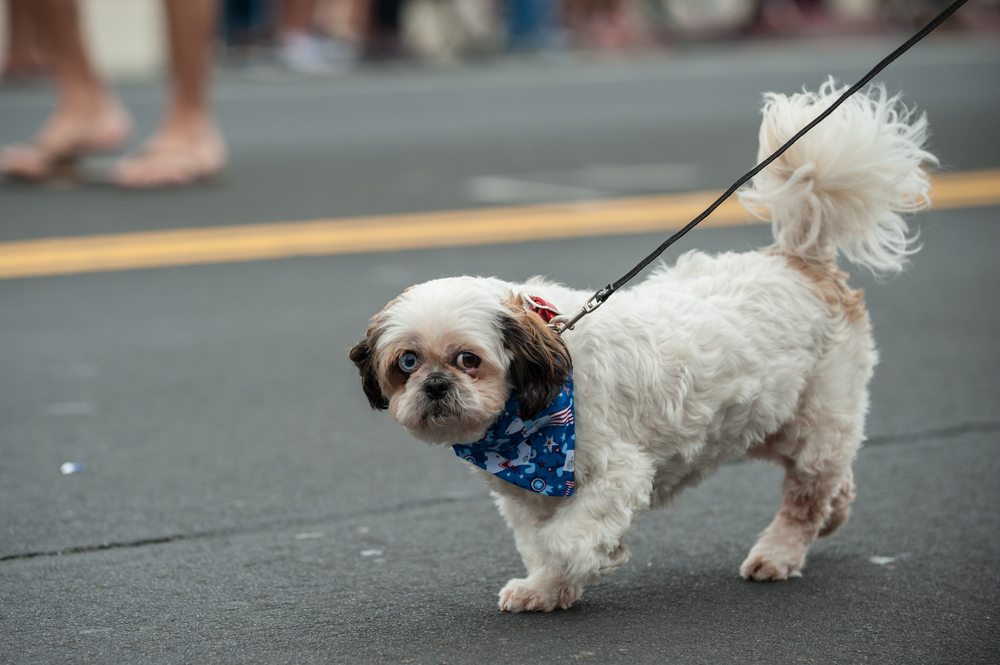
Most summer events are definitely more fun when you take your dog, but July Fourth events are an exception. Fireworks can put your pet on edge and less able to handle crowds and chaos, and they may run away or lash out at unfamiliar people. Leave your pet at home in their safe, insulated space to ensure the whole family can enjoy the holiday celebrations worry-free.
Our July Fourth safety tips can ensure your pet stays happy and relaxed and everyone can enjoy their holiday. Contact your primary veterinarian well before July Fourth to discuss noise aversion treatments to allow ample preparation time. For your pet’s summer eye care needs, medication refills for travel, or to schedule an initial consultation, contact the Envision More Veterinary Ophthalmology team.


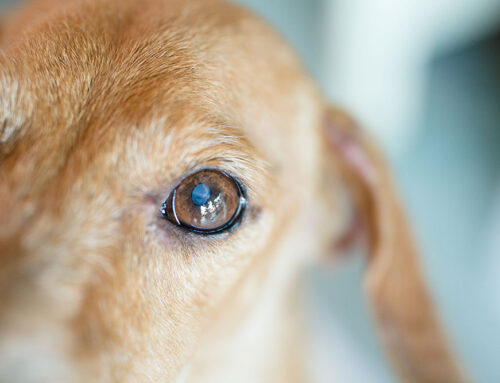
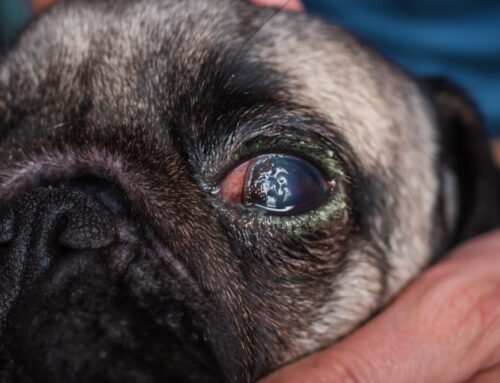
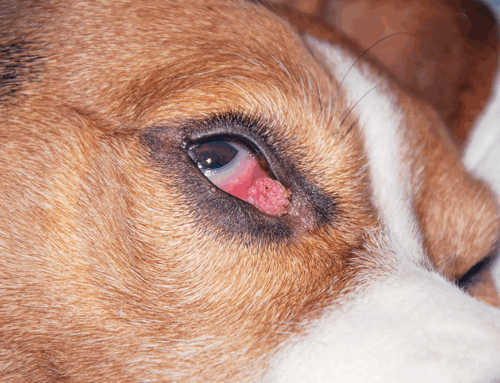
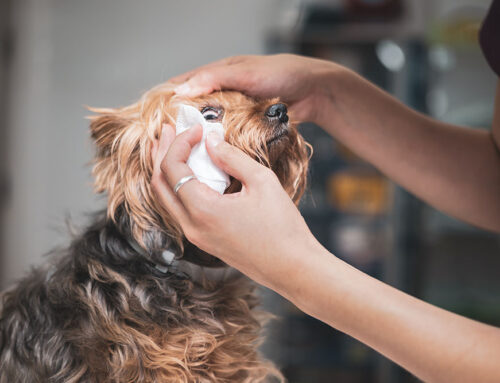

Leave A Comment